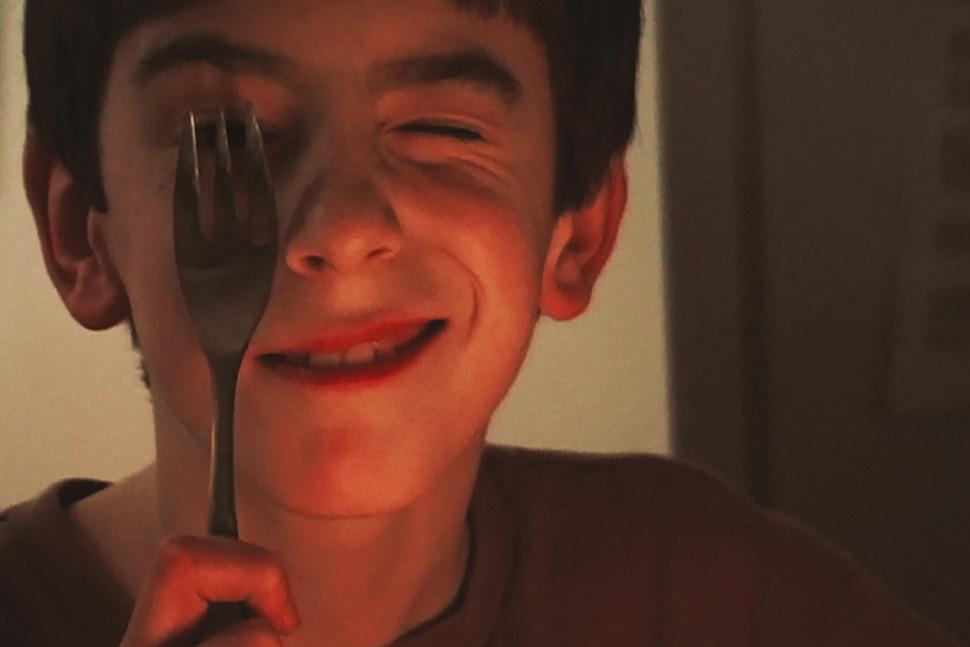
"The programmers for Venice don't fall for generic documentaries shaped by anecdotes told by talking heads, leaning instead on the projects that say as much about their creators as their subjects. Ross McElwee, Lucrecia Martel, and Alexandre O. Philippe use their backgrounds, interests, and even their flaws to tell their newest stories, and all of them are worth a look. One will even break your heart."
"Ross McElwee has long put himself at the center of his films, whether it's his search for romance in his breakthrough "Sherman's March" or a chronicle of his complex father/son relationship in "Photographic Memory." With his masterful "Remake," McElwee documents a formative chapter in his life, when he was working on an adaptation of "March" into a narrative feature (and later a TV series), all of it shaped by the death of his son, Adrian."
"A filmmaker for his entire life, Ross has hundreds of hours of footage of Adrian over the course of his existence, some of them seemingly recorded whether Adrian liked it or not. McElwee doesn't just tell the story of his son's troubles with addiction and depression; he questions if he did enough and even the role the camera (and the associated fame at places like the Venice Film Festival) played in the story."
Venice's 2025 non-fiction program emphasized personal filmmaking over conventional talking-head documentaries. Programmers favored projects that reveal as much about their creators as their subjects. Filmmakers such as Ross McElwee, Lucrecia Martel, and Alexandre O. Philippe drew on backgrounds, interests, and flaws to shape their newest films. McElwee's Remake chronicles his attempt to adapt Sherman's March while grappling with the death of his son Adrian. He assembled hundreds of hours of footage, some recorded without Adrian's consent, and interrogated his own responsibility and the impact of the camera and festival fame on Adrian's struggles with addiction and depression. The film combines courage and restraint.
Read at Roger Ebert
Unable to calculate read time
Collection
[
|
...
]